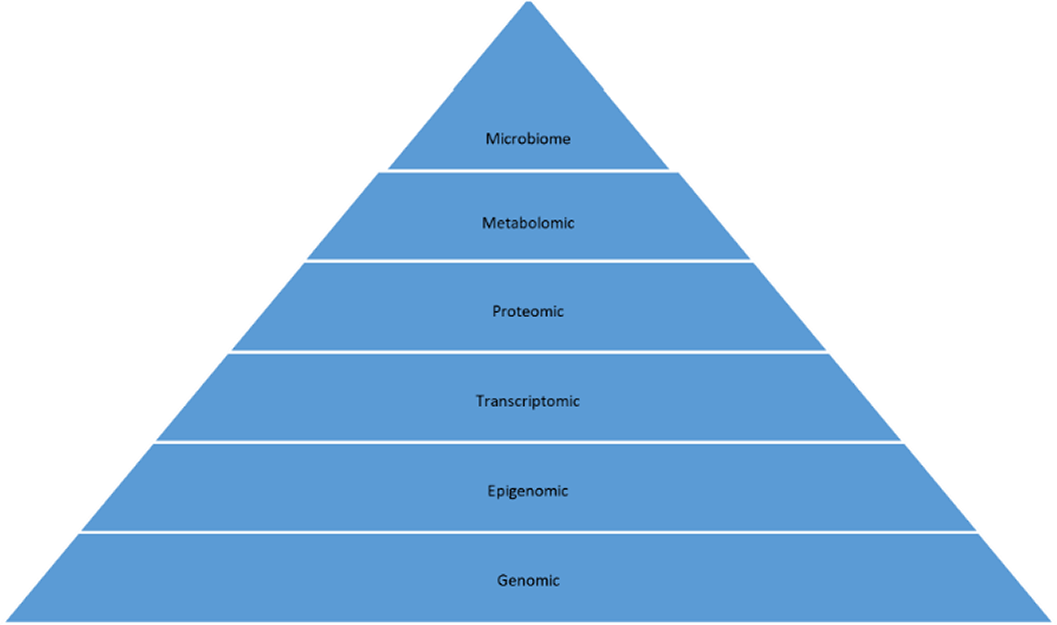No CrossRef data available.
Article contents
Bipolar affective disorder
Published online by Cambridge University Press: 13 August 2021
Abstract
Abstract: Biomarkers for diagnosis and treatment of Bipolar Disorder: hope or hype? Professor Allan Young, Centre for Affective Disorders, IoPPN, KCL London, SE5 8AF. [email protected] The use of “biomarkers” (biological markers) in basic and clinical research as well as in clinical practice has become so commonplace in many areas of medicine that their presence as primary endpoints in clinical trials is now widely accepted. In clinical disciplines where specific biomarkers have been well characterized and repeatedly shown to correctly predict relevant clinical outcomes across a variety of treatments and populations, this use is entirely justified and appropriate. However, the validity of biomarkers in most psychiatric disorders continues to be evaluated. This lecture will review the current conceptual status of biomarkers as clinical and diagnostic tools for bipolar disorder and as surrogate endpoints in clinical research in bipolar disorder. The conceptual background in terms of current diagnostic categories and research domain criteria will be discussed and the various approaches with putative value (e.g., brain imaging, genetics, and neuroendocrinology) reviewed (1, 2). The lecture will end with a discussion of approaches to evaluating biomarkers of lithium response (3).
Wise et al, Mol Psychiatry. 2016 May 24. doi: 10.1038/mp.2016.72. [Epub ahead of print]; Young AH. Harv Rev Psychiatry. 2014 Nov-Dec;22(6):331–3 Bellivier F, Young AH, et al, Bipolar Disord. 2020 Oct 23. doi: 10.1111/bdi.13023. Online ahead of print.
Paid lectures and advisory boards for the following companies with drugs used in affective and related disorders: Astrazenaca, Eli Lilly, Lundbeck, Sunovion, Servier, Livanova, Janssen, Allegan, Bionomics, Sumitomo Dainippon Pharma, COMPASS Principal Inve
- Type
- Abstract
- Information
- European Psychiatry , Volume 64 , Special Issue S1: Abstracts of the 29th European Congress of Psychiatry , April 2021 , pp. S8 - S9
- Creative Commons
- This is an Open Access article, distributed under the terms of the Creative Commons Attribution licence (http://creativecommons.org/licenses/by/4.0/), which permits unrestricted re-use, distribution, and reproduction in any medium, provided the original work is properly cited.
- Copyright
- © The Author(s), 2021. Published by Cambridge University Press on behalf of the European Psychiatric Association



Comments
No Comments have been published for this article.